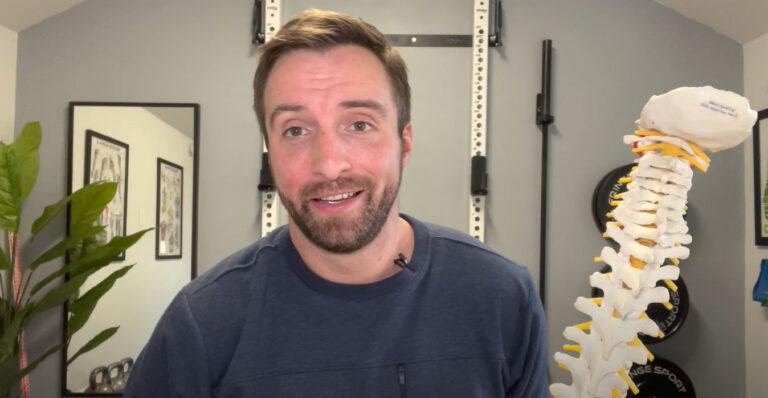Closed Brain Injuries and Possible Complications
The Dangers of Undetected Brain Injuries After Accidents
A closed brain injury occurs when the brain sustains damage from an impact or sudden motion without an object penetrating the skull. These injuries are commonly caused by vehicle accidents, falls, or sports-related incidents. While the term “brain injury” may be commonly associated with traumatic brain injuries (TBI), it’s important to note that there are different levels and types of brain injuries, including severe traumatic brain injury (TBI), mild traumatic brain injury (TBI), and conditions like chronic traumatic encephalopathy (CTE), which may not be immediately apparent.
Unlike open brain injuries, where the skull is visibly fractured, closed brain injuries can be harder to detect, as there may not be any outward signs of trauma. However, they can result in severe complications, such as moderate or severe TBI, post-traumatic epilepsy, and long-term neurological disorders that affect cognitive and physical functions. Even head injury or closed head injury may seem mild initially, but they can have profound, lasting effects on the brain and spinal cord.
How Closed Brain Injuries Happen
Closed brain injuries can occur even without a direct blow to the head. This is because the brain sits loosely inside the skull and is cushioned by cerebrospinal fluid. Sudden deceleration or acceleration, such as during a car crash, can cause the brain to move violently within the skull. The brain, which has a Jell-O-like consistency, can strike the inner ridges of the skull, causing tissue damage, including diffuse axonal injury (DAI), which can lead to widespread brain damage. Spinal cord injury can also occur in tandem with brain trauma due to the forceful nature of some accidents.

One common form of injury in these cases is a coup injury, where the brain strikes the side of the skull nearest to the point of impact. If the force is strong enough, the brain may rebound and hit the opposite side of the skull, leading to a contrecoup injury. These repetitive impacts can result in bleeding, swelling, and damage to brain tissues, which can occur even if the person doesn’t lose consciousness immediately.
Complications from a Closed-Brain Injury
Closed brain injuries can lead to a range of complications, depending on the severity and location of the trauma.
Edema (Swelling)
Edema is one of the most common complications after a brain injury. The brain swells due to increased blood flow to the damaged tissue, leading to an accumulation of fluid. This swelling causes increased pressure within the skull, known as intracranial pressure (ICP), which can further damage the brain by compressing delicate structures and restricting blood flow. Brain death can occur in the most extreme cases when swelling and pressure cause irreversible damage to the brainstem.Blood Clotting
A hematoma forms when blood vessels in the brain rupture and cause a buildup of blood within the skull. The pooled blood increases intracranial pressure, which can damage brain cells and tissues. Depending on its location, a hematoma can range from relatively mild to life-threatening. There are several types of hematomas, including:- Epidural Hematoma: Blood collects between the skull and the brain’s outer layer (the dura mater).
- Subdural Hematoma: Blood collects beneath the dura mater but outside the brain.
- Intracerebral Hematoma: Blood pools inside the brain tissue itself, causing direct brain damage.
Canadian Context: Brain Injury Statistics and Impacts
In Canada, the statistics surrounding brain injuries are sobering. Brain Injury Canada reports that traumatic brain injury (TBI) is a leading cause of disability and death across the country. Each year, approximately 165,000 Canadians sustain a brain injury, and many are the result of vehicle accidents. Among these, many involve closed brain injuries, which account for a significant percentage of TBIs.
In Ontario, a report from the Ontario Neurotrauma Foundation indicated that vehicle collisions are responsible for around 30% of all TBIs. In the case of mild TBIs, such as concussions, the symptoms may resolve over time, but more severe injuries can lead to lifelong challenges, such as degenerative brain diseases like chronic traumatic encephalopathy (CTE). Post-traumatic epilepsy and cognitive decline can also occur long after the initial injury.
For example, a 2023 CBC report discussed the long-term impact of brain injuries on survivors of motor vehicle accidents. In one high-profile case, a Calgary woman suffered severe cognitive and physical impairments after sustaining a closed brain injury in a collision. Her ongoing rehabilitation serves as a reminder of the serious complications that can arise from closed brain injuries. Individuals with moderate or severe TBI are particularly at risk of developing long-term neurological issues, including spinal cord injury and brain death in extreme cases.
Seeking Medical Attention
Because closed brain injuries are not always immediately visible, it’s crucial to seek medical attention after any head trauma or sudden forceful motion, even if symptoms seem mild. A proper diagnosis, often involving imaging like CT scans or MRIs, is essential for identifying internal damage. Diffuse axonal injury (DAI) and other forms of brain trauma may not be immediately apparent but can cause lasting damage. Treatment for brain injuries can range from rest and medication to surgery for reducing pressure inside the skull.

Closed brain injuries can be deceptively dangerous, and the complications, such as swelling and
hematomas, can lead to long-term consequences. In Canada, traumatic brain injuries, including
closed brain injuries from motor vehicle accidents, represent a significant public health issue.
Early detection and appropriate medical intervention are critical to minimizing damage and
improving recovery outcomes.
Helping Injured Clients
For over 35 years, CLG Injury Lawyers have helped thousands of injured clients. We fight for your rights to receive the maximum compensation you deserve. Providing you the Peace of Mind to focus on your Road to Recovery. Our experienced personal injury lawyers offer a free, no obligation case evaluation.
For more articles and safety tips, go to https://clginjurylaw.ca/blog/ or subscribe to our newsletter.






